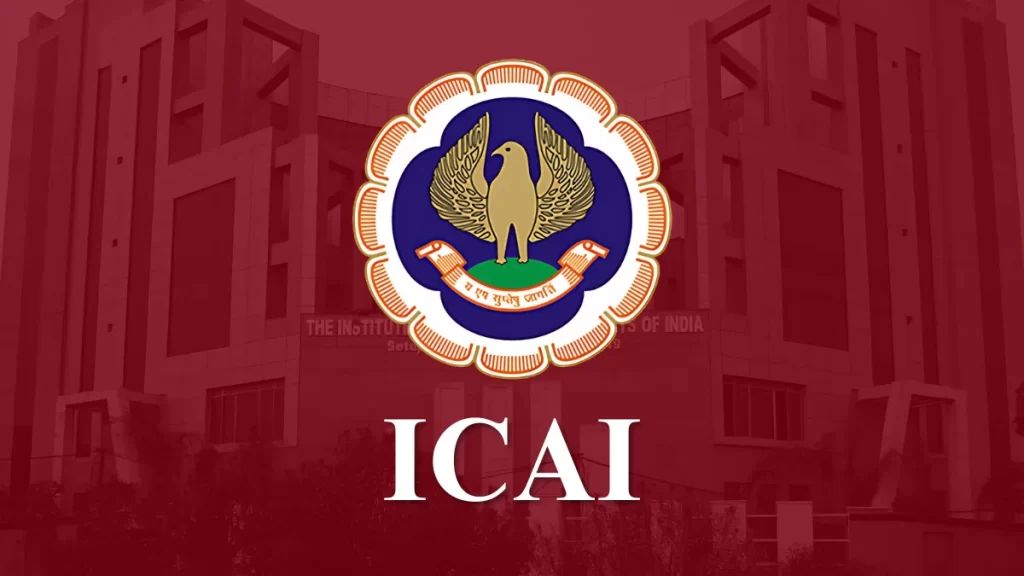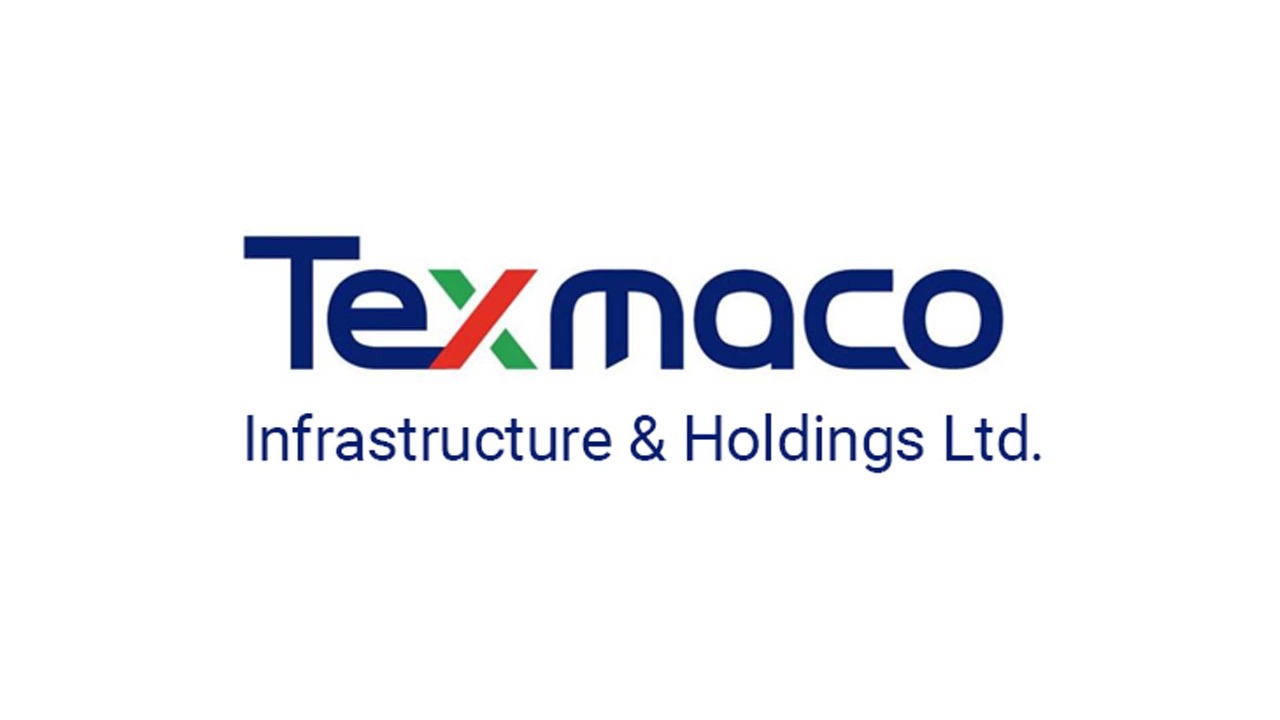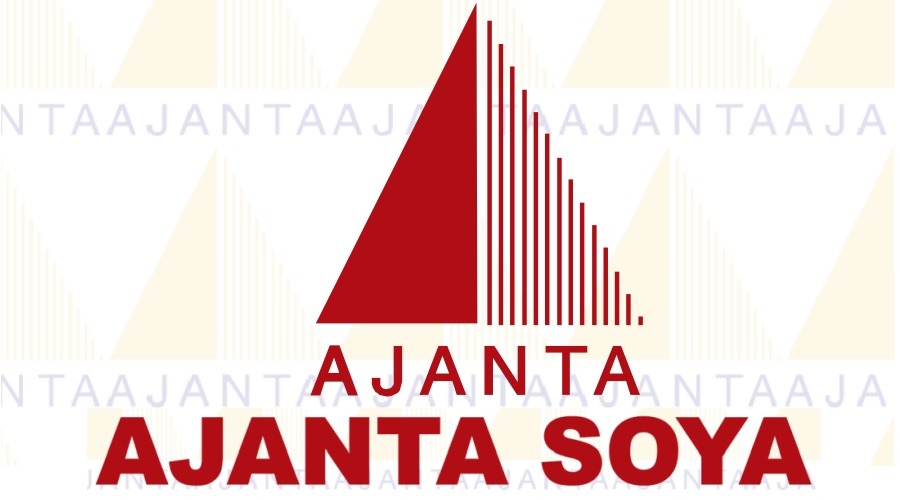 Image Source: VSI Jaipur
Image Source: VSI Jaipur
A Landmark Move to Standardize and Enhance the Quality of CA Certificates
The Institute of Chartered Accountants of India (ICAI), through its Centre for Audit Quality Directorate, has issued a detailed and comprehensive checklist designed for Chartered Accountants (CAs) who issue certificates. This crucial initiative aims to uphold the highest professional standards, ensuring accuracy, consistency, and adherence to legal and regulatory requirements in the certificates issued by CAs across India. It reflects ICAI’s continued commitment to strengthening audit quality, safeguarding public interest, and promoting transparency in certification practices.
Key Highlights of the ICAI Checklist for CA Certificates
The checklist serves as a vital guide covering all essential aspects to be considered before issuing any certificate.
Assists CAs in maintaining uniformity in documentation and avoids errors, omissions, or inconsistencies.
Encourages full compliance with ICAI regulations, engagement terms, and professional ethical standards.
Helps minimize the risk of legal, disciplinary actions, or financial penalties arising from certificate-related issues.
Mandates proper documentation, including UDIN (Unique Document Identification Number) generation and retention of working papers.
Reinforces the obligation of CAs to personally review and verify all certificate content before signing.
Structured Approach Toward Certificate Issuance: What the Checklist Covers
Format and Identification Details
Certificates must be issued using ICAI-approved or client-specified formats.
Each certificate should clearly state the CA’s full name, membership number, and firm registration number (if applicable).
Date and place of issuance are mandatory components on all certificates.
UDIN Generation and Validity
UDIN must be generated within 15 days of certificate issuance to ensure traceability and authenticity.
Non-compliance with UDIN regulations is a serious violation and can lead to disciplinary consequences.
Subject Matter and Disclosures
The certificate should clearly identify the specific subject matter, such as turnover, net worth, shareholding, or other parameters certified.
Any limitations, conditions, or disclaimers applicable to the certificate must be transparently disclosed.
Verification and Supporting Documentation
All figures and statements in the certificate must be verified against audited or authenticated financial records.
Maintaining backup working papers and evidence supporting the certificate is compulsory and such records must be preserved for at least seven years.
Certification based on unaudited or incomplete information requires appropriate disclaimers to avoid misrepresentation.
Signature and Authentication
Certificates must be signed personally by the CA or authorized signatory, either by hand or digitally (DSC), accompanied by the firm or individual rubber stamp featuring the name and membership number.
Pre-signed or blank certificates are strictly prohibited.
Common Pitfalls Highlighted by ICAI
Issuing certificates without proper verification of records or documents.
Failure to generate or correctly date UDIN entries.
Certifying projections or future predictions without adequate basis.
Lack of document retention or incomplete working papers.
Signing certificates prepared solely by assistants without personal review.
Legal Significance and Professional Responsibility
Certificates issued by Chartered Accountants play a critical role in compliance processes like loan applications, statutory filings under Income Tax or Companies Act, FEMA certifications, GST reconciliations, and court verifications. The ICAI checklist reinforces that these certificates must be treated as legally binding documents demanding utmost accuracy and professional diligence.
The checklist draws from the Guidance Note on Reports or Certificates for Special Purposes (Revised 2016) and aligns with prevailing ICAI ethical standards and statutory mandates. It is designed to protect both the professional standing of Chartered Accountants and the public interest.
ICAI strongly encourages all members to adopt this checklist as a best practice tool and share it widely within the profession. This proactive measure supports the continuous improvement of audit and certification quality while mitigating risks of professional misconduct and penalties.
Conclusion: Upholding Integrity and Trust in CA Certifications
The ICAI’s issuance of a comprehensive checklist exemplifies its dedication to fostering high-quality certification standards among Chartered Accountants in India. By adhering to these guidelines, CAs can confidently provide credible, transparent, and compliant certificates that reinforce stakeholder trust and regulatory confidence. This step serves to safeguard the integrity of the profession and contribute to India’s robust financial and regulatory ecosystem.
Sources: CAClubIndia, eFileTax, StudyCafe, VS Jaipur, ICAI Official Website
Advertisement
Advertisement






